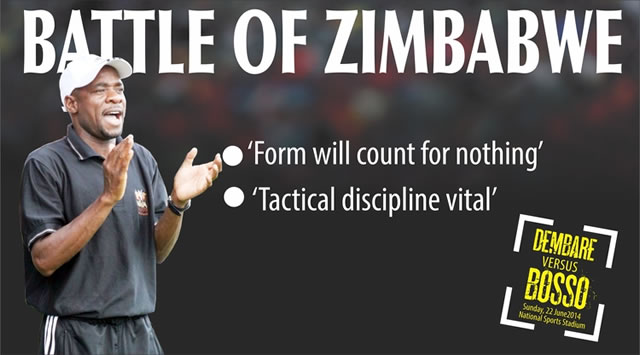Why Zim is losing out

Happiness Zengeni and Tinashe Makichi
Economists have acknowledged Finance and Economic Development Minister Patrick Chinamasa’s efforts to re-engage with the West following agreements made with countries such as Denmark, Switzerland and the pledge by the European Union of over $300 million at the end of the year.However, Zimbabwe is still a long way off in raising the capital needed to give life to its economy and is still missing out on international finance.
Yesterday, Kenya said it had raised a total $2 billion with a debut Eurobond with five-year and 10-year tranches.
Its proceeds will be used for budget support and repayment of a $600 million syndicated loan. In the same week, Angola was reported to have been given a credit line of $2 billion by Brazil for use in energy and construction.
Zambia, was in April reported to have raised $1 billion through an international bond sale in Africa’s first sovereign debt issuance of the year.
The question that has been asked by most market players is why Zimbabwe is missing out on the capital. Generally investors do not weigh the possibility of war or skirmishes as a key factor to commit to Zimbabwe, but they look at the staying power of legal stipulations and how clear are they in executing operational idiosyncrasies.
Former World Bank country economist, Mrs Nadia Piffaretti, told the media in her farewell brief recently that the country at the moment would not attract any funding particularly from multilateral institutions such as her bank, International Monetary Fund and the European Investment Bank because of the debt overhang, in particular the non payment of arrears.
She gave an example: “The World Bank operates just like your local banks, you cannot take depositors money to lend out to other people. It’s not like the bank is keeping $1 billion somewhere and we can just take it and give it to Zimbabwe. The bank takes money from other countries’ programmes. So it can’t easily forgive Zimbabwe on its debt issue.”
Economic commentator Mr John Robertson echoed the same sentiments saying the biggest challenge is that Zimbabwe is still a country in major default from international financial institutions.
“We have negative foreign reserves and it is going to be hard for the country to secure lines of credit. We should not forget that those institutions lend money that belongs to other people and they cannot afford to commit funds to Zimbabwe with our current bad borrowing reputation. The country should make efforts to clear the existing debt in order to unlock funding.”
Economist Dr Eric Bloch said as long as the arrears are not serviced, Zimbabwe would struggle to secure funding.
“At the moment we have an economy that is so small and depressed. Therefore, there should be a revamp of production in the industry to instil confidence in our lenders.”
Economic analyst Mr Joseph Sagwati said the issue centres on perception. “Investors do not arrive because of the current pronouncements on stability and safety of investments. They are attracted to a destination that has legal jurisdictions that are not interchangeable or grounded on shifting sands.
“They prefer the sanctity of legal pronouncements to the point of enforceability and protection by law. We seem indifferent on that note,” Mr Sagwati said.
“That’s why you find in Nigeria with a serious threat of Boko Haram, investors still find it attractive. Bureaucratic ineptitude and the cumbersome documentation process in Zimbabwe when one wants to set up an investment is a problem.”
Recently players in the pharmaceutical industry raised concern over the length it took to have drugs licenced in the country.
Markets analyst Mr Jerome Negonde said Government should fix its bureaucratic deficiencies.
“In Namibia it takes 24 hours to get a license as a media publishing player and the fee is 20 Namib dollars (equivalent to 20 rand).”
Investors weigh risk on the basis of acceptability, conformity of legal statutes, synchronisation of jurisdictions and over all the time-frame of resource exploitation.
Mr Negonde went on to say that a non evolving demographic and archaic capital market structure is another issue causing lines of credit to escape the country.
“A transforming demographic in terms of number and strong growing middle class is important to spur development. We don’t have that dynamic segment instead it is now extinct.”
What makes the situation worse for the country was the fact that it was not rated due to the high country risk investors attach to it.
Mr Negonde said: “So long as you are not rated out there, you might as well kiss international capital goodbye.”
Harare-based economist Mr Brains Muchemwa noted that the long standing ideological differences between Zimbabwe and the West on the mechanics and principles with regards to the land reform have continued to exaggerate the country’s risk profile, creating uneasiness on some foreign investors.
Mr Sagwati said Zimbabwe should do away with the attitude of trying to reinvent the wheel all the time. “Copy what our neighbors have done and how the international community has adopted and run with it,” he said.









Comments